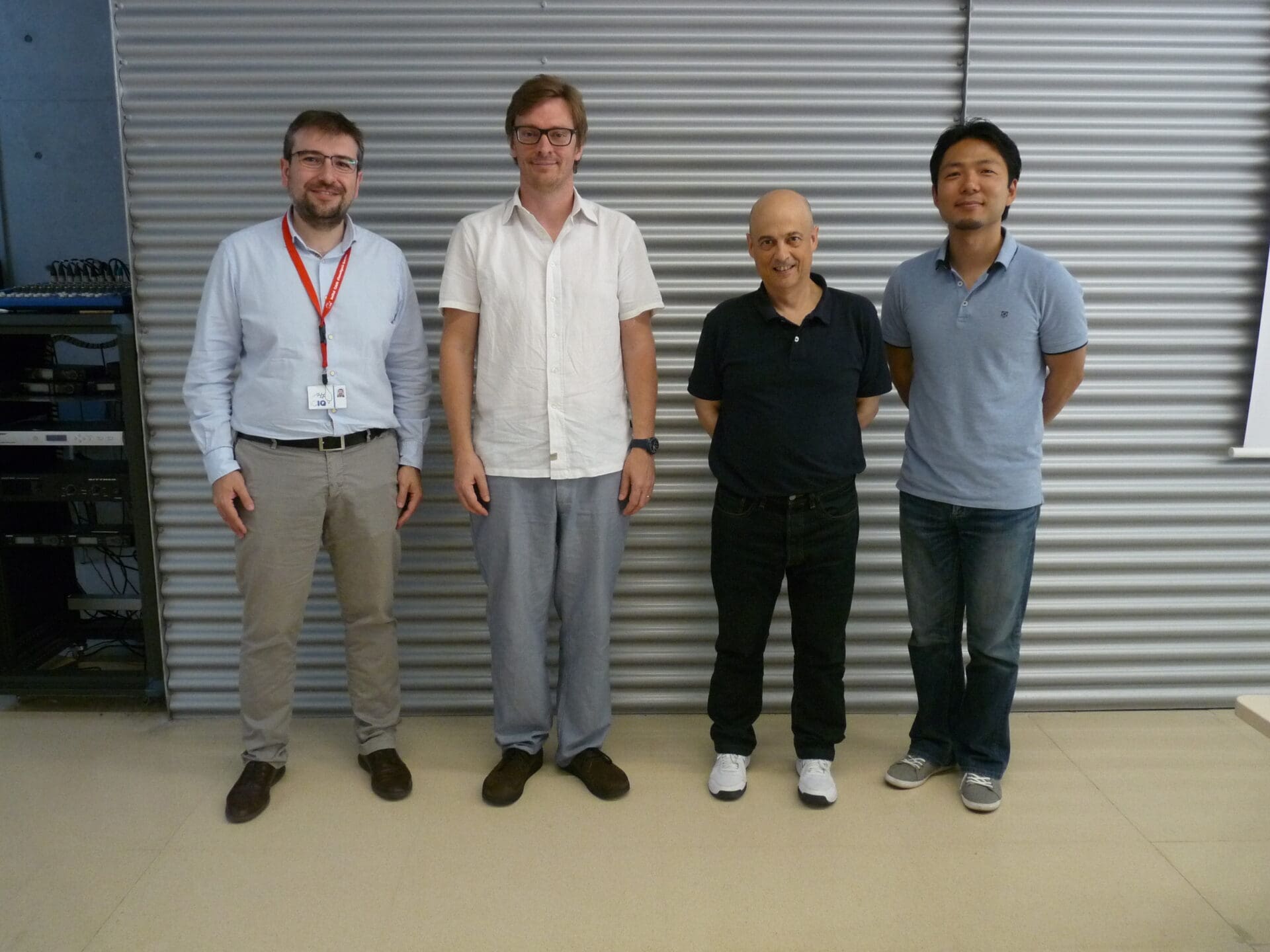
 12/06/2017
12/06/2017
 12:00
12:00
 ICIQ Auditorium
ICIQ Auditorium
- Lecturer: Prof. Dr. Erwin Reisner
- University: University of Cambridge (United Kingdom)
Solar-driven Catalysis with Hybrid Semiconductor Systems
The synthesis of solar fuels and chemicals through artificial photosynthesis does not only require the coupling of solar light absorption and charge separation, but also the direct pairing with chemical redox processes. This approach is a one-step and versatile alternative to the more indirect coupling of a photovoltaic cell with electrolysis and enables potentially the synthesis of a wide range of fuels and feedstock chemicals. A common drawback in most artificial photosynthetic systems and organic photocatalysis is their reliance on expensive materials and device architectures, which challenges the development of ultimately scalable devices. Another limitation in many approaches is their inefficiency and reliance on sacrificial redox reagents, which may be system damaging and often prevent truly energy-storing chemistry to proceed. This presentation will give an overview about our recent progress to perform efficient full redox cycle solar fuel catalysis with inexpensive components, and our first steps in extending this approach for sustainable biomass photoreforming and fine chemical synthesis.
Other events

Let's create a brighter future
Join our team to work with renowned researchers, tackle groundbreaking
projects and contribute to meaningful scientific advancements



















